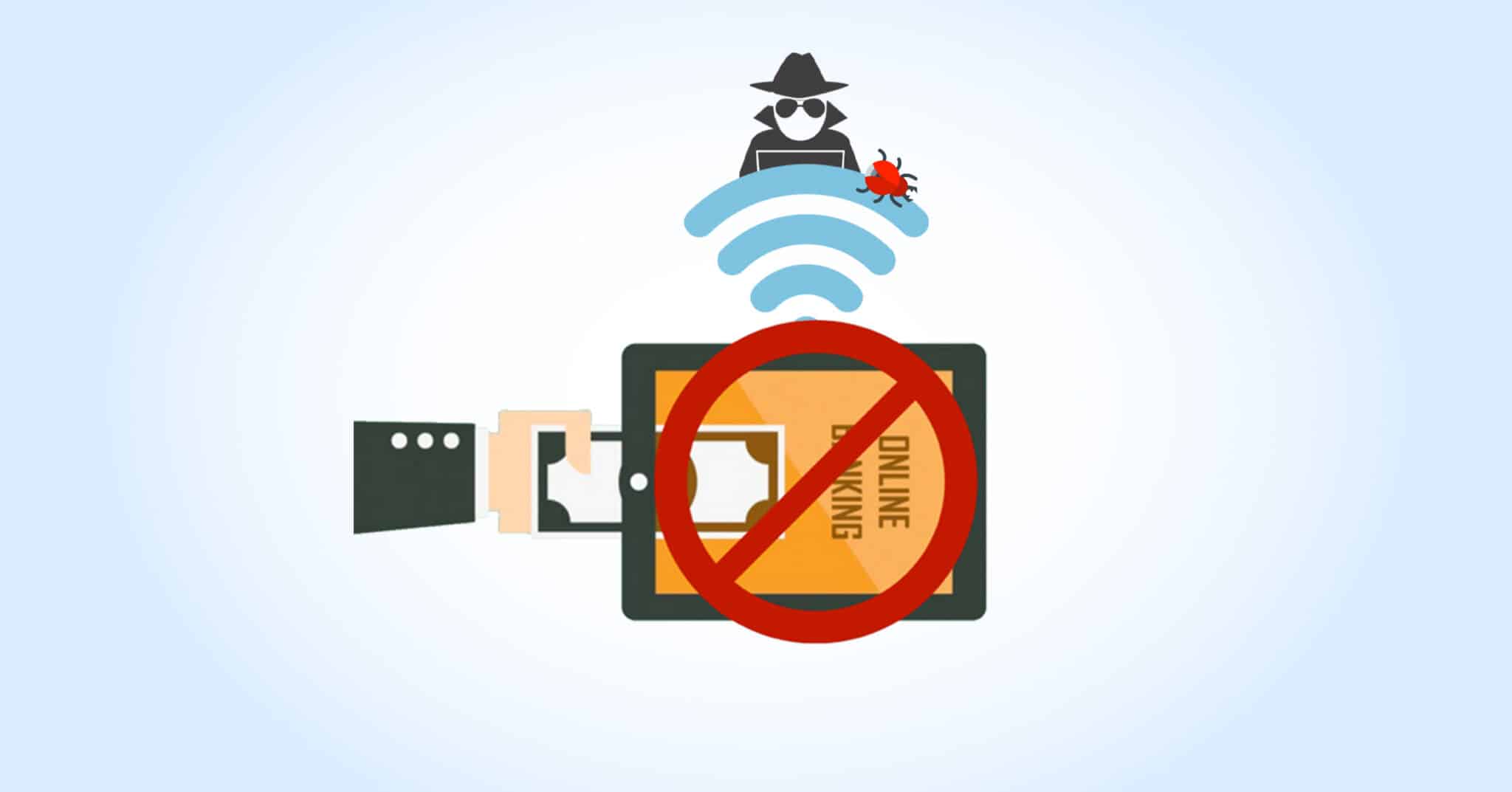Public Wi-Fi is like a magnet that pulls us in when we’re at our favourite places like coffee shops, airports, hotels, and parks. It’s so tempting because it lets us work, stay in touch, and read the latest news without using up our phone’s data. But here’s the catch: while public Wi-Fi seems great, it can be risky. Before you tap “Connect,” it’s important to understand the good and bad parts of using it. In this blog, we’ll explore the dangers and advantages of public Wi-Fi and help you stay safe while enjoying its benefits.
The Rewards of Public Wi-Fi:
Public Wi-Fi offers several benefits and rewards, making it a convenient and accessible option for many people. However, it’s important to be aware of both the advantages and potential risks associated with using public Wi-Fi. Here are some of the rewards of public Wi-Fi:
Accessibility: Public Wi-Fi is widely available in many locations, such as coffee shops, airports, hotels, libraries, and public parks. This accessibility allows individuals to stay connected while on the go.
Cost Savings: Many public Wi-Fi hotspots are free to use, which can help individuals save on mobile data costs when they connect to these networks.
Convenience: Public Wi-Fi enables people to access the internet and stay connected with friends, family, or work-related tasks while they are away from home.
Productivity: Public Wi-Fi can be a boon for students and professionals who need to access online resources, conduct research, or work remotely. It allows for increased productivity and flexibility in terms of where work or study can take place.
Entertainment: Public Wi-Fi makes it easy to stream music, videos, or play online games without worrying about using up mobile data or consuming large amounts of bandwidth.
Information Access: Access to local information and maps is crucial for travelers, and public Wi-Fi can provide this essential service.
Social Connectivity: Public Wi-Fi enables people to stay connected with social media, instant messaging, and email, allowing them to communicate with friends and family no matter where they are.
Emergency Services: In case of emergencies, public Wi-Fi can be a lifeline for individuals to make emergency calls, send messages, or access information that can help in critical situations.
The Risks of Public Wi-Fi:
Now, let’s dive into the flip side of the coin.
Security Risks: Public Wi-Fi networks are open to anyone. This means hackers and cybercriminals can easily intercept your data, such as login credentials and personal information.
Malicious Hotspots: Cybercriminals may create fake “hotspots” with names like “Free Wi-Fi” or the name of the place you’re in. Connecting to these can lead to serious security breaches.
Unencrypted Connections: Many public networks lack encryption, making it easier for hackers to snoop on your activities.
Untrusted Networks: You have no control over the security of the public Wi-Fi you connect to. Trusting them blindly is risky.
How to Stay Safe on Public Wi-Fi:
Use a VPN: A Virtual Private Network (VPN) encrypts your internet connection, making it much harder for hackers to intercept your data. There are many reliable VPN services available, some of which are free.
Check Network Names: Always verify the network name with an employee or a reliable source, rather than connecting to any open network you see.
Enable Two-Factor Authentication (2FA): Enable 2FA on your accounts whenever possible. Even if someone steals your login credentials, they won’t be able to access your accounts without the second factor.
Keep Your Software Updated: Ensure your device’s operating system, antivirus, and apps are up to date. Updated software often includes security patches that protect you from known vulnerabilities.
Forget the Network: Once you’re done with a public Wi-Fi network, make sure to “forget” it on your device. This prevents your device from automatically reconnecting to potentially unsafe networks.
Use HTTPS: Look for “https://” in the URL when visiting websites. This indicates a secure, encrypted connection.
Avoid Sensitive Transactions: It’s best to refrain from online shopping or banking while on public Wi-Fi. Save those activities for secure, private networks.
Public Wi-Fi is a double-edged sword – it offers incredible convenience but can also expose you to various risks. By understanding these risks and following the safety tips mentioned above, you can make the most of public Wi-Fi without jeopardising your online security. So, the next time you’re sipping a latte at your favorite coffee shop, you’ll know how to stay connected safely. Enjoy the convenience, but stay vigilant!
